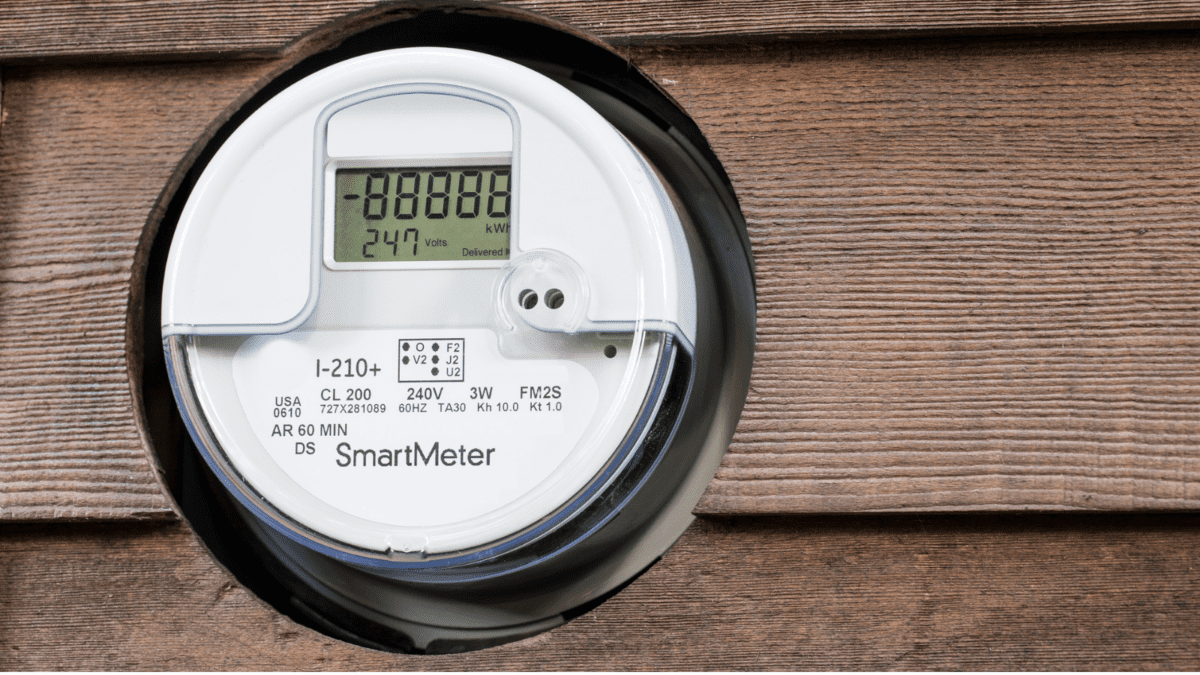Seniors Dental Benefit Scheme should be a priority: COTA
The Federal Government urgently needs to introduce a Seniors Dental Benefit Scheme – the scheme recommended by the Royal Commission into Aged Care Quality and Safety.
Council on the Ageing (COTA) Australia Chief Executive Officer Patricia Sparrow (pictured) said many older Australians were delaying or avoiding getting the oral and dental treatment they needed due to cost.
Sparrow said: “Having good dental care is essential to good health, no matter what your age. But as people age, the risk of broader health implications increases, as they are more susceptible to chronic diseases such as dental decay, gum disease and oral cancer.
“As well as the increased embarrassment and social isolation, there is also a relationship between dental health and an increased risk of diabetes, heart disease and chronic malnutrition in older people.”
COTA’s call for the scheme’s immediate introduction was recommended in the Royal Commission’s final report, titled Care, Dignity and Respect, that was tabled in Parliament on March 1, 2021.
The recommendation said the scheme should fund dental services to people who live in residential aged care, live in the community and receive the age pension or qualify for the Commonwealth Seniors Health Card. In addition, it should include benefits set at a level that minimises gap payments.
Polling commissioned by COTA Australia and conducted by Essential Research highlighted the alarming number of older Australians who could not afford dental care.
It found 37 per cent of older Australians – those aged 55 plus – have either delayed or completely put off going to the dentist in the past year due to cost. That number increases to 44 per cent of older Australians on lower incomes, including many pensioners and those in aged care.
Ms Sparrow said the findings should be a real wake-up call to politicians, supporting what we hear directly from older people.
“It’s not uncommon for us to hear stories of older Australians not getting the urgent dental work they require simply because it’s too expensive.
“Good oral health is vital for maintaining good overall health, and the risks of not getting the care people need can be incredibly serious – even life threatening in some extreme cases.”
COTA Australia’s call to introduce a Seniors Dental Benefit Scheme has widespread support.
The National Oral Health Alliance (NOHA), in its 2024-25 pre-budget submission, also called on the Government to implement this scheme as part of a much-needed public oral healthcare reform.
NOHA’s spokesperson Tan Nguyen said: “Too many people cannot afford to access essential oral healthcare when they need it. Australia ranks third for the highest prevalence of complete tooth loss for persons aged 60 years and older, about one in three, when compared with other countries in the Western Pacific region.”
He added that while various funding options for a roadmap towards universal access to affordable oral healthcare have been proposed by the Parliamentary Budget Office, financially and socially disadvantaged Australians with greater oral health needs should be prioritised.
National Seniors Australia (NSA) also is pushing for the scheme – its introduction is 18 months behind the royal commission’s recommended start date – which it wants to provide $500 a year towards interventions to improve oral health outcomes among older people.
NSA said it should be administered in a similar fashion to the Child Dental Benefit Scheme, with older people with limited means and aged care residents being first in the queue.










